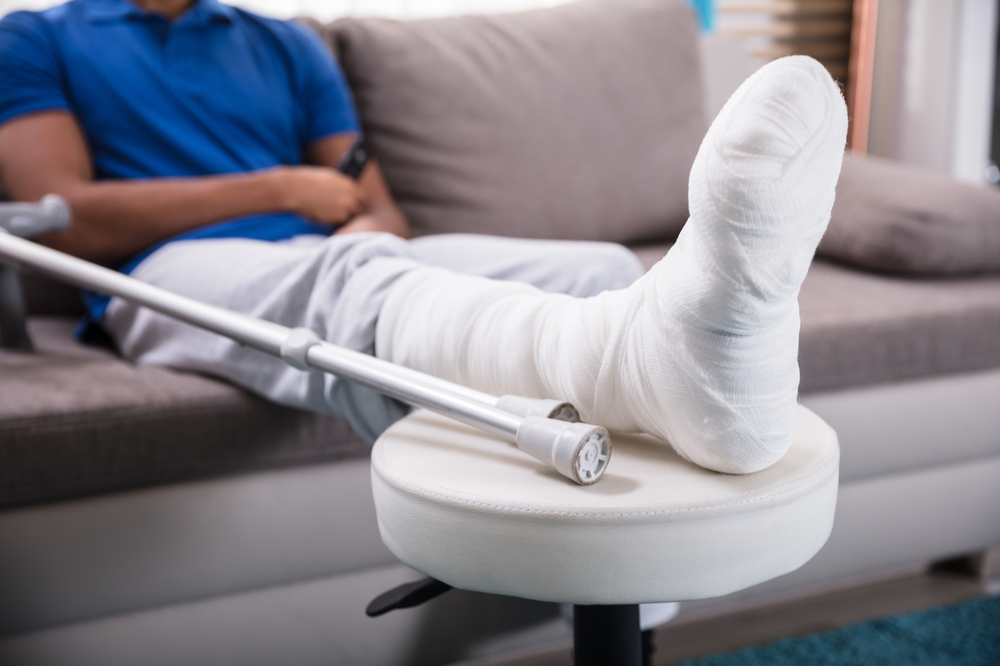What Happens to My Job While I’m on Worker’s Compensation?

The overwhelming majority of employees in Wisconsin are covered under the state’s no-fault worker’s compensation insurance system. If you get hurt on the job, worker’s comp benefits will cover your medical treatment, lost wages, and long-term disabilities or impairments. You may be wondering: What will happen to my job while I am collecting worker’s compensation?
The short answer is “it depends” — a Wisconsin employer cannot fire you for filing for worker’s comp, but employers do retain significant discretion over their own personnel decisions. Below, our Milwaukee worker’s compensation lawyers provide a more detailed explanation of the most important things you need to know about Wisconsin law.
Wisconsin Law: You Have the Right to File for Worker’s Comp Without Facing Retribution
As a starting point, it must be emphasized that you have the right to file for worker’s compensation benefits. You cannot be fired, forced to resign, demoted, or otherwise punished by your employer for filing a claim. Under Wisconsin law (Wis. Stat. § 102.35), an employer can be held legally liable for back wages and benefits if it unlawfully fires or refuses to rehire a worker simply because they filed a worker’s comp claim.
These types of employment law claims are known as unlawful retaliation cases. If you faced retaliation for seeking worker’s comp benefits in Wisconsin, your legal rights were violated. Likewise, if an employer tried to persuade you not to file a claim, your rights were violated. Call a qualified Milwaukee attorney right away.
Limitation: Wisconsin is an ‘At-Will’ Employment State
There are limitations to your employment protections. Wisconsin is an ‘at-will’ employment state — meaning, without a contract, both employers and employees retain the right to end a relationship at any time and for virtually any reason. Employers cannot terminate workers for an illegal reason — such as in retaliation for filing for worker’s comp benefits — but they can fire workers for other reasons.
In other words, your job is not fully guaranteed while you take the time to recover from your injuries. For example, imagine if a Milwaukee company decided to restructure and lay off 25 percent of its workforce. That company may be able to lay off or refuse to rehire an employee who is currently receiving worker’s comp benefits. However, they can only do so if they can establish worker’s’ comp played no role in their decision. The injured worker must be treated equally to other employees. In some cases, employers try to conceal their unlawful, retaliatory motive with pretextual (false) reasoning.
Facts About Job Protection While On Wisconsin Worker’s Compensation
If you are on the road to recovery from a work-related injury in Wisconsin, you may find yourself asking a crucial question: “When I’m ready to return, will my job still be available?” The reality of job security during this healing process is not always straightforward. To help clarify this important issue, here are the key details you should know about job protection while receiving workers’ compensation in Wisconsin.
Understanding Job Protection in Wisconsin
Wisconsin operates under at-will employment laws, meaning that employers are not legally obligated to retain your position while you are receiving workers’ compensation benefits. Unless you possess an employment contract or fall under specific legal protections such as the Family and Medical Leave Act (FMLA), your employer has the right to terminate your employment—regardless of your compensation benefits.
Temporary Protection Under FMLA
If you qualify for FMLA, you are entitled to take up to 12 weeks of unpaid leave due to a serious health condition, which includes work-related injuries. During this leave, your employer is mandated to preserve your job or offer you a comparable position. However, it’s essential to bear in mind that once your FMLA leave concludes, there is no assurance that your job will still be available.
Exploring Modified Duty and Return-to-Work Plans
In an effort to assist employees in transitioning back to the workplace, many employers provide light-duty or modified work opportunities tailored to the restrictions outlined by your healthcare provider. If your doctor determines that you are capable of performing limited tasks, your employer may accommodate you by offering a role that aligns with your physical capabilities. However, they are not required to create a new position solely for your return.
Vocational Rehabilitation Services
If your work-related injury prevents you from resuming your previous job responsibilities, you may be eligible for vocational rehabilitation services. Wisconsin offers up to 80 weeks of retraining, job placement assistance, and career planning services, all designed to support you as you adapt and transition into a new role that suits your abilities.
What Happens If You’re Terminated?
If you find yourself terminated while on workers’ compensation, it is important to understand that this does not nullify your benefits. You remain entitled to essential support, including:
Ongoing medical treatment for your injury
Wage replacement to help cover your living expenses
Permanent disability compensation, if applicable However, losing your job could impact your ability to return to work or to qualify for specific benefits like vocational rehabilitation services.
Though Wisconsin law affirms your right to receive compensation for work-related injuries, it does not guarantee job security. Gaining a clear understanding of your rights under FMLA, exploring the possibilities of modified duty, and seeking expert legal advice are vital steps in navigating this uncertain landscape. If you need assistance drafting a comprehensive return-to-work plan or exploring retraining options tailored to your needs, I am here to provide the support you require.
Call Our Milwaukee Worker’s Comp Attorney for Immediate Help
At Gillick, Wicht, Gillick & Graf, our Milwaukee work injury lawyers are aggressive, effective advocates for injured workers. We will protect your rights and help you maximize your benefits. If you have questions about your job and your worker’s comp benefits, our attorneys can help. Contact us today at 414-257-2667 for a free, comprehensive initial consultation. From our Milwaukee office, we advocate for injured workers throughout all of Wisconsin.